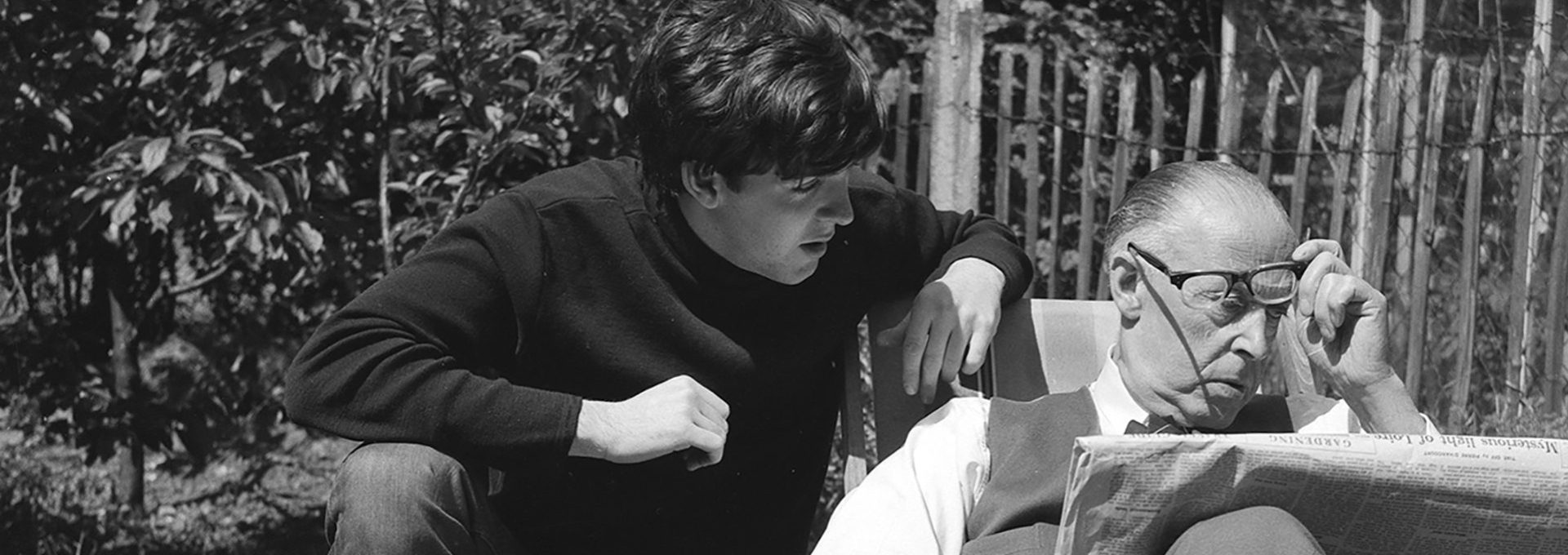Each member of the band had a difference experience of growing up, Paul and George were raised by their biological fathers whereas Ringo and John were raised by step-fathers.
However it’s apparent that each of their father figures influenced their love of music in some way or other, and helped shape the path for their journey from schoolboys in Liverpool, to world-renowned musicians.
George Smith – John’s Uncle and Legal Guardian
George was the maternal uncle, through marriage, of John Lennon. He operated his family’s two dairy farms and a retail outlet with his brother, Frank Smith, in the village of Woolton, Liverpool. On 15 September 1939, he married Mimi and bought a semi-detached house called Mendips at 251 Menlove Avenue, Liverpool.
John lived with George and Mimi for the majority of his childhood, and George taught John to draw and paint, and bought him his first mouth organ.
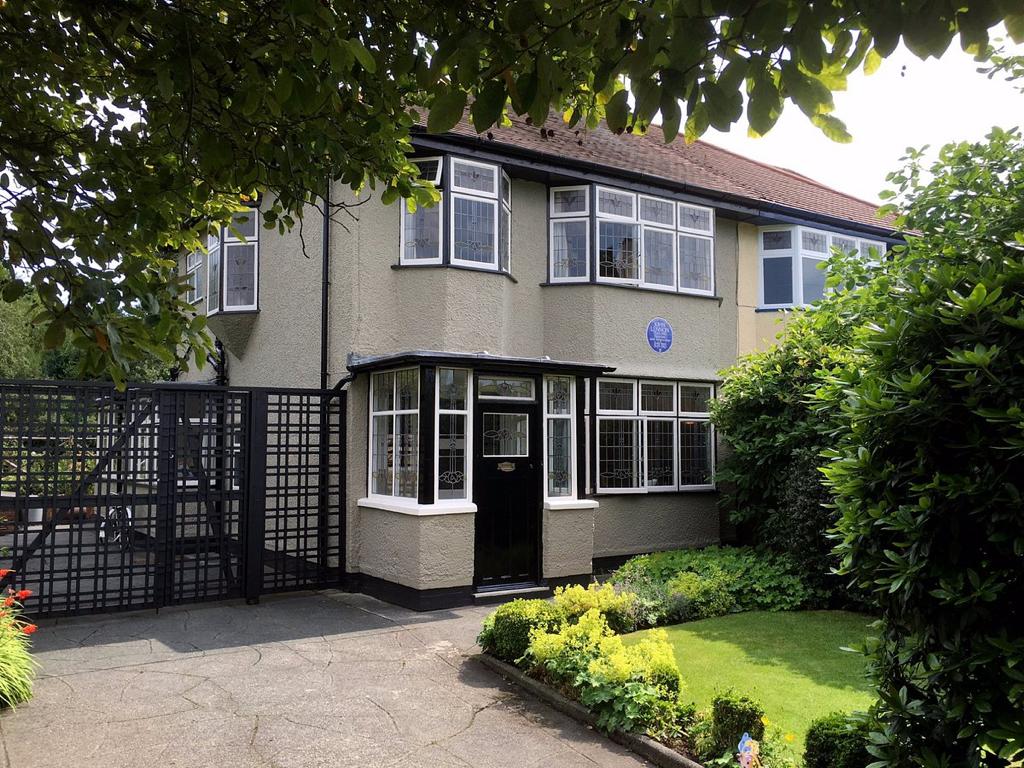
Mendips, Menlove Avenue. The childhood home of John Lennon.
George and John had a great relationship, with George often adapting a softer approach to parenting than his wife, John’s Aunt Mimi. Mimi later said: “John loved his uncle George. I felt quite left out of that. They’d go off together, just leaving me a bar of chocolate and a note saying: ‘Have a happy day.'”
After George’s death in 1955, John insisted on wearing a large overcoat that had belonged to him, and even though it became worn and threadbare, he wore it throughout his art college years.
Alf Lennon – John’s Biological Father
Alfred Lennon known as Alf Lennon and Freddie Lennon, was the biological father John Lennon. Although known as Alf to his family, he released a record and was known in the media as ‘Freddy Lennon’.
Alf made no real attempt to contact John until the height of Beatlemania. He was working as a kitchen porter in Middlesex, UK when someone pointed to a photograph of his son in a newspaper and asked whether the two were related.
While the Beatles were busy filming a scene for ‘A Hard Day’s Night’, Alf walked into Beatles’ Manager Brian Epstein’s NEMS office with a journalist, explaining that he was John’s father. Brian immediately sent for a car to bring John to the NEMS office.
When John arrived, Alf stuck out his hand, but John did not take it. They had a brief conversation before John ordered Alf and the journalist out of the office.
Jim McCartney – Paul’s Biological Father and Guardian
Jim McCartney encouraged a young Paul to begin playing the family piano and eventually he wrote one of his first songs ‘When I’m Sixty-Four’ on it.
Jim also advised Paul to take some music lessons, which he did, but soon realised that he preferred to learn ‘by ear’, like his father had done.
After Paul and brother Michael began to show an interest in music, Jim connected the radio in the living room to extension cords connected to two pairs of headphones, allowing them to listen to Radio Luxembourg in bed at night.
After first meeting John Lennon, Jim warned Paul that he would get him “into trouble”, although he eventually allowed The Quarrymen to rehearse in the dining room at Forthlin Road in the evenings.
Jim was reluctant to let the teenage Paul go to Hamburg with the Beatles until, after persuasion from then manager Allan Williams, he realised they would each earn £15 per week (around £300 in today’s money) which was more than Jim earned.
Bill Harry, creator of Mersey Beat, recalled that Jim was probably “the Beatles’ biggest fan”, and was extremely proud of Paul’s success.
Jim McCartney died in March 1976.
Richard Starkey – Ringo’s Biological Father
Ringo’s biological father was Richard Starkey. He was born in 1913 and he married Ringo’s mother Elsie in 1936. Ringo, their only child, arrived in 1940 and Richard Starkey left his wife and Ringo in 1943, not long after Ringo’s third birthday.
After Ringo’s biological father left, Elsie took lots of jobs to make ends meet, eventually becoming a barmaid at the Empress pub, situated on the road in between Madryn Street, where Ringo was born and Admiral Grove, where he grew up.
Richard Starkey Sr died in 1981.
Harry Graves – Ringo’s Step Father and Guardian
When Ringo was about 6, Elsie met Harry Graves and they married in the early 1950s. Elsie asked Ringo if he was happy for her to marry Harry and told him that she wouldn’t if he didn’t want her to, but Ringo loved Harry and so he became his official stepdad. Ringo tended to call Harry by his first name and around the time he married Ringo’s mother, Ringo started to call his mother by her first name too, so they were known simply as Elsie and Harry, rather than mum and dad.
Despite being very supportive of him, Ringo’s parents did try to dissuade him from changing his name to Ringo Starr and giving up his job to be a drummer – luckily Ringo didn’t listen!
Ringo said, ‘I learnt gentleness from Harry’ which is a perfect summary of his stepdad.
Harry died in August 1994.
Harold Harrison – George’s Biological Father and Guardian
Harold Hargreaves Harrison was born on 28th May, 1909 in West Derby, Liverpool. Harold was a steward in the Merchant Navy before becoming a bus driver. He met his bride-to-be and George’s mother Louise French when she was working as a grocer’s assistant.
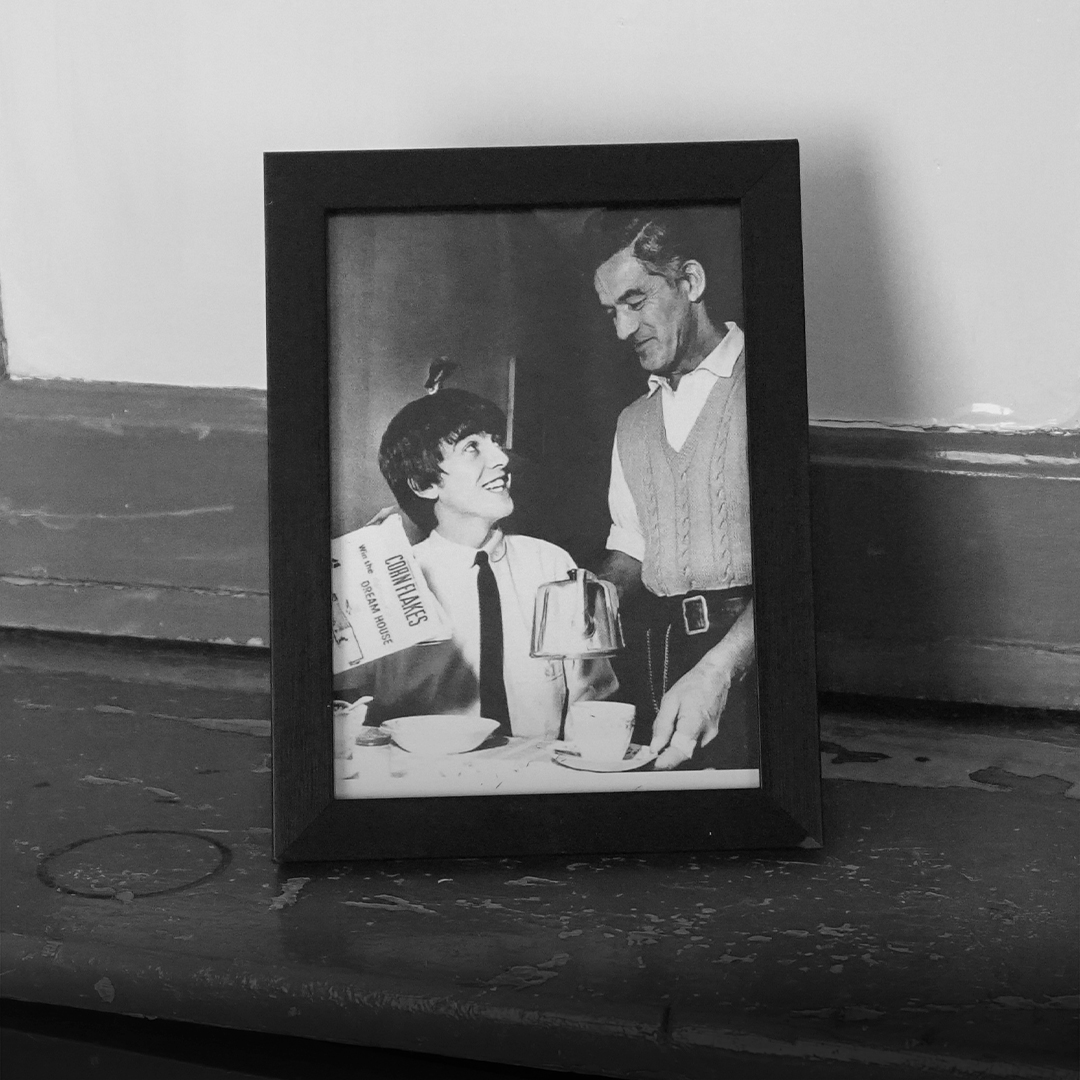 George and Harold Harrison.
George and Harold Harrison.
He and Louise married in 1930 and moved to a tiny two up two down, 12 Arnold Grove, and George was born there in 1943. When George was six his family moved from Wavertree to a spacious, modern council house, 25 Upton Green, Speke.
At first, Harold was apprehensive about his son’s interest in pursuing a music career. However, in 1956, he bought George a Dutch Egmond flat-top acoustic guitar and one of his friends taught George how to play a few songs.
Although his father wanted him to continue his education, Harrison left school at 16 and worked for several months as an apprentice electrician at Blacklers, a local department store.
Harold became a widow in July 1970 when Louise sadly died. Harold died in May 1978 in Cheshire, England aged 68.
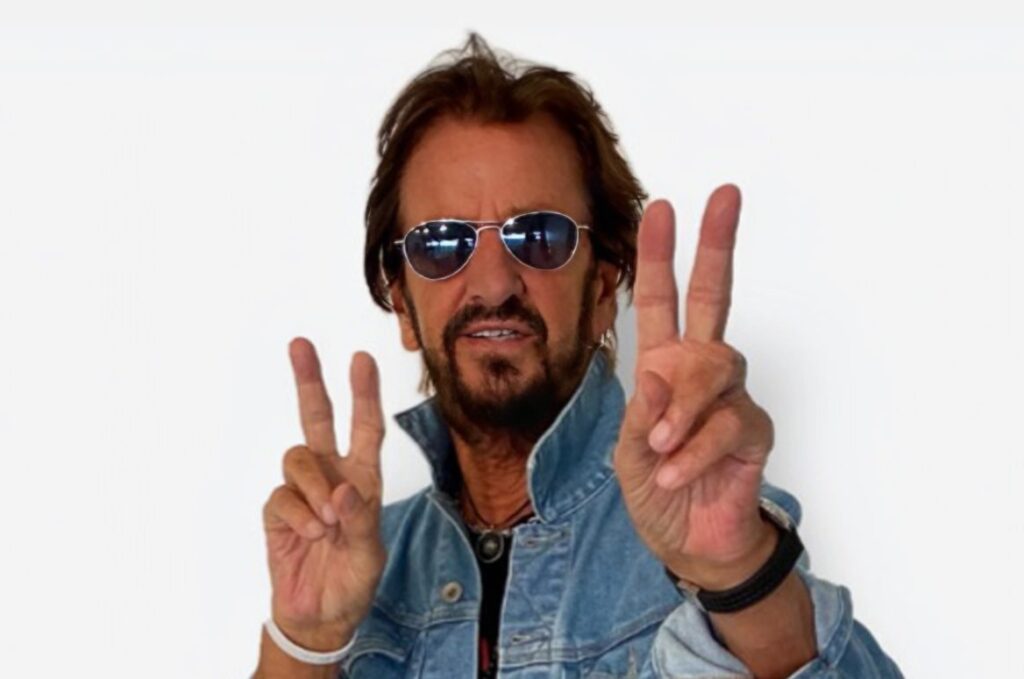
Ringo Starr Peace and Love
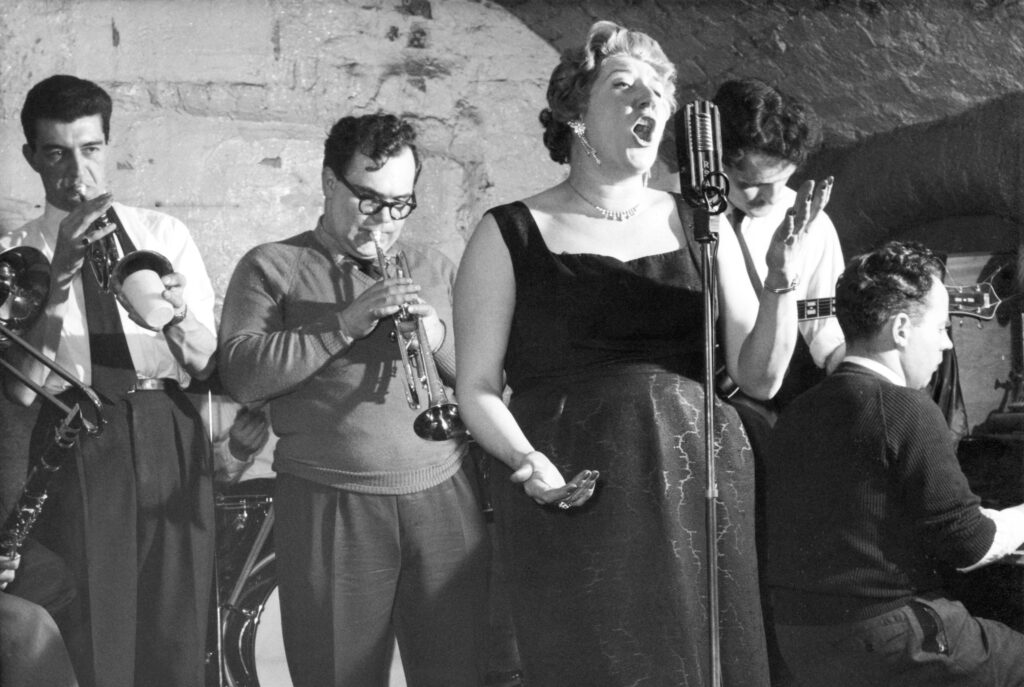
The Beatles and Their Jazz Roots
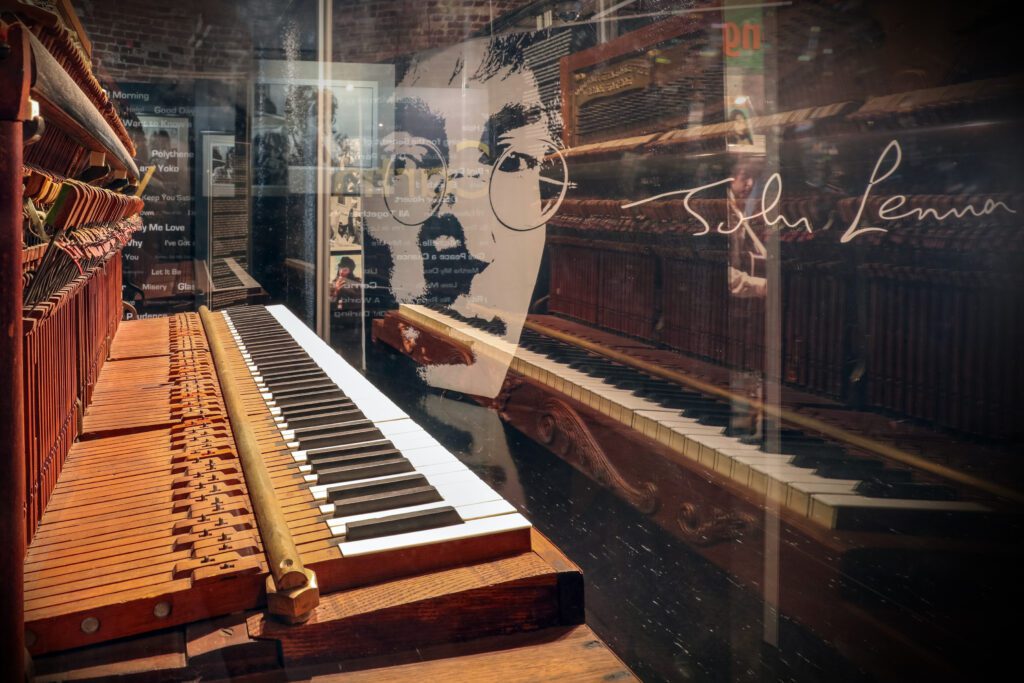
The Story of John Lennon’s Last Piano
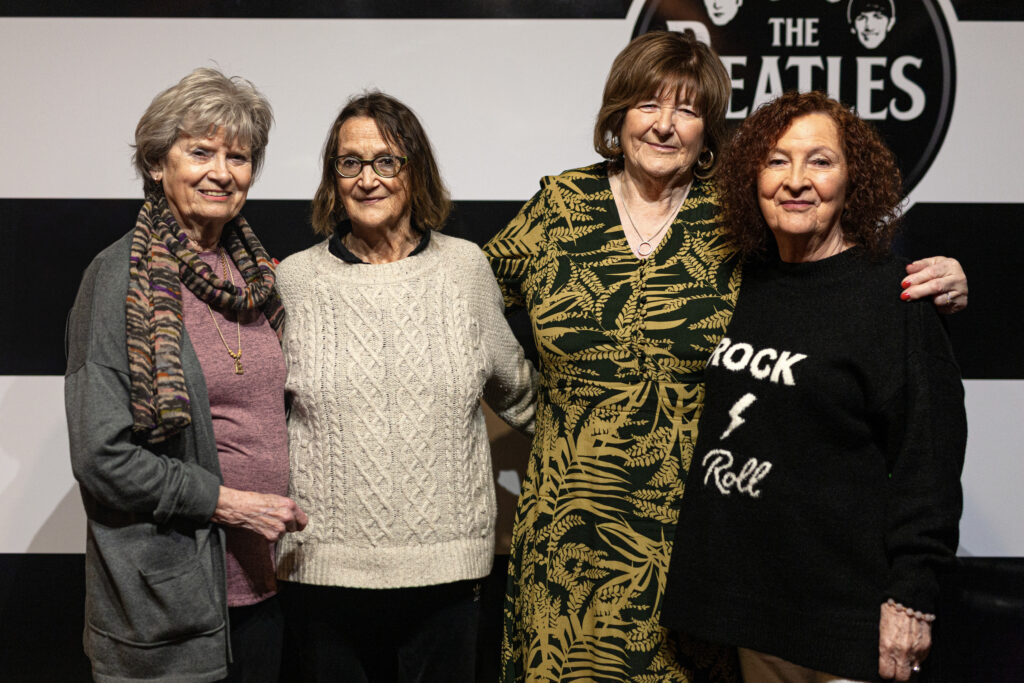
The International Women’s Day Collection
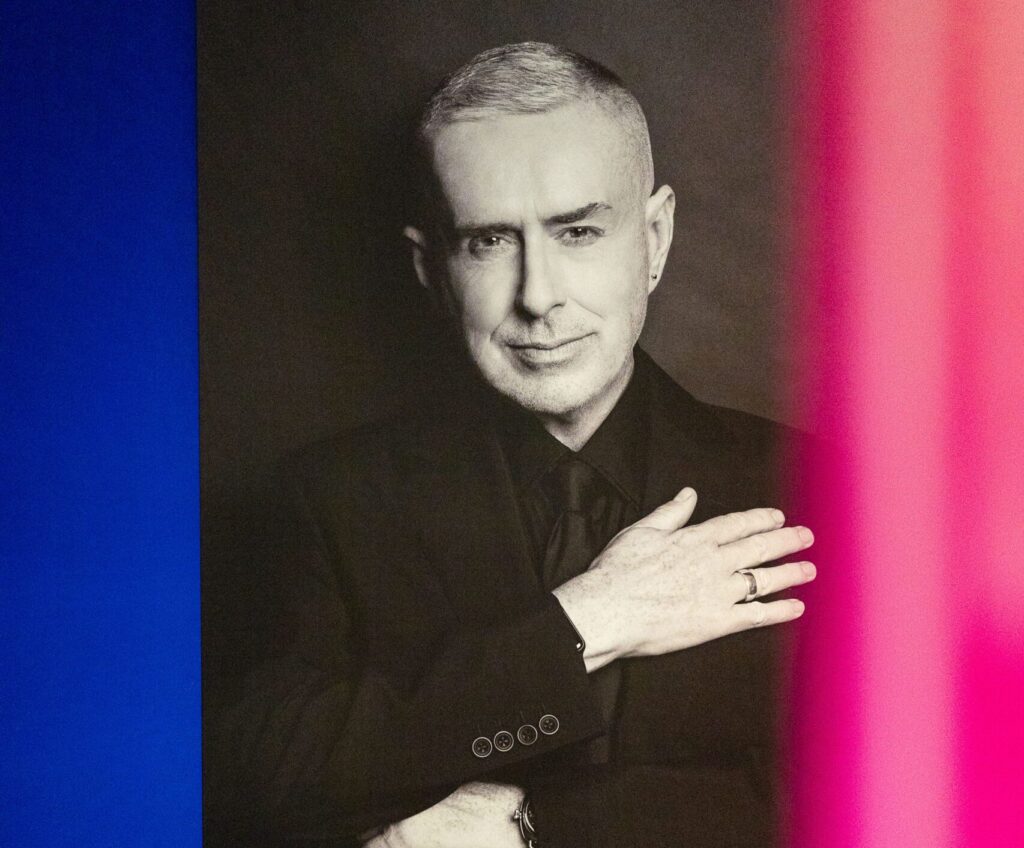
Holly Johnson: A Liverpool Icon
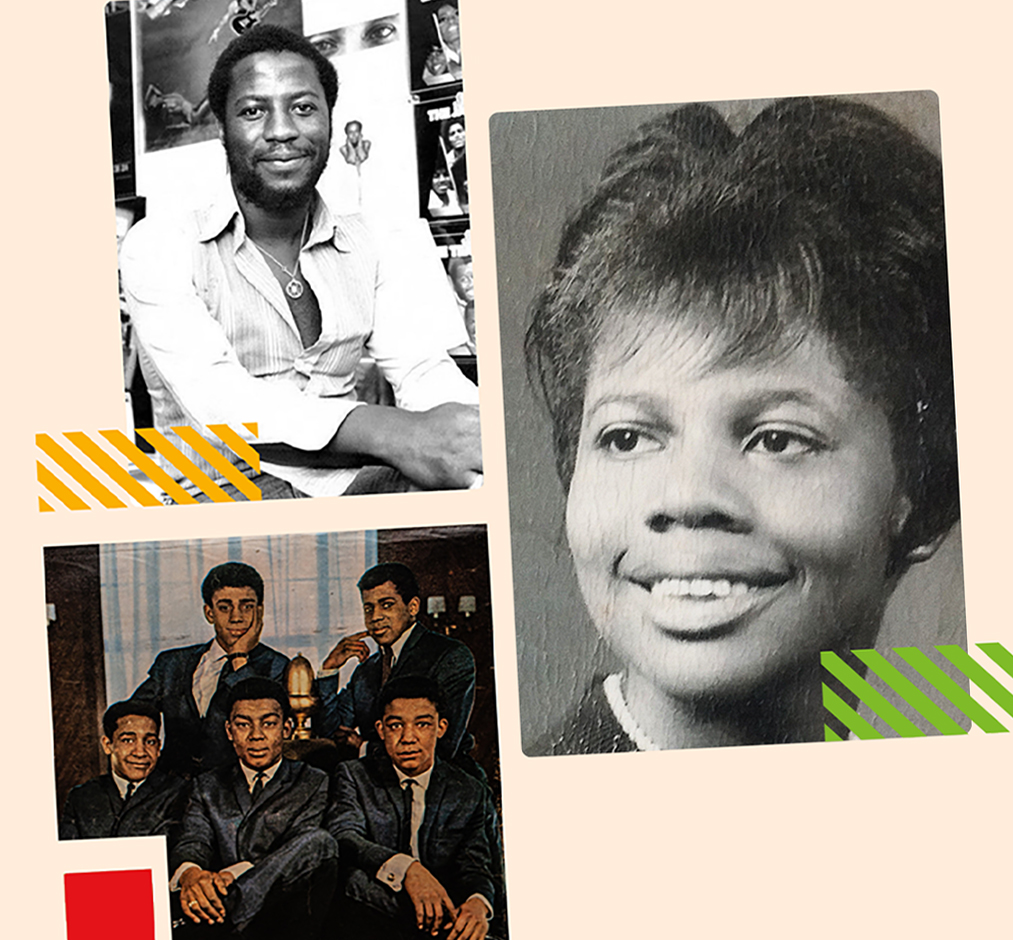
The Black History Month Collection
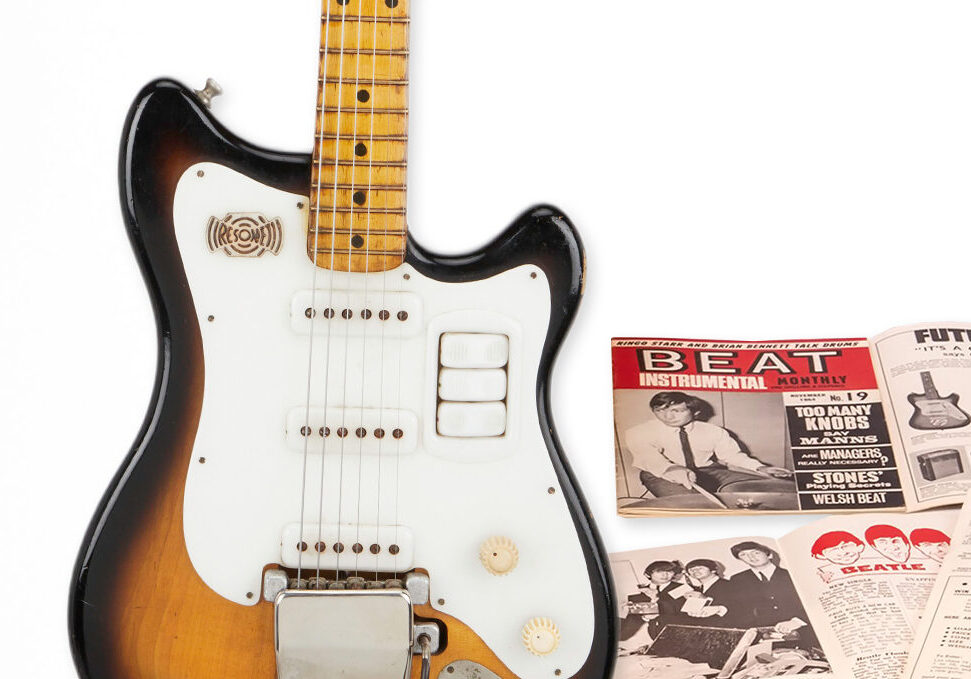
The History of George’s Futurama
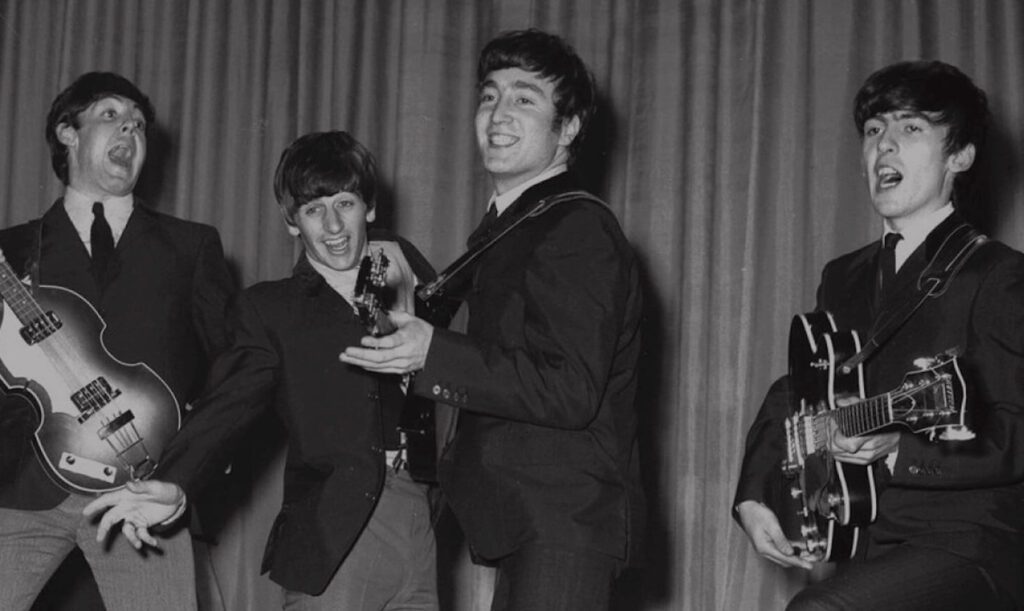
How did The Beatles get their name?
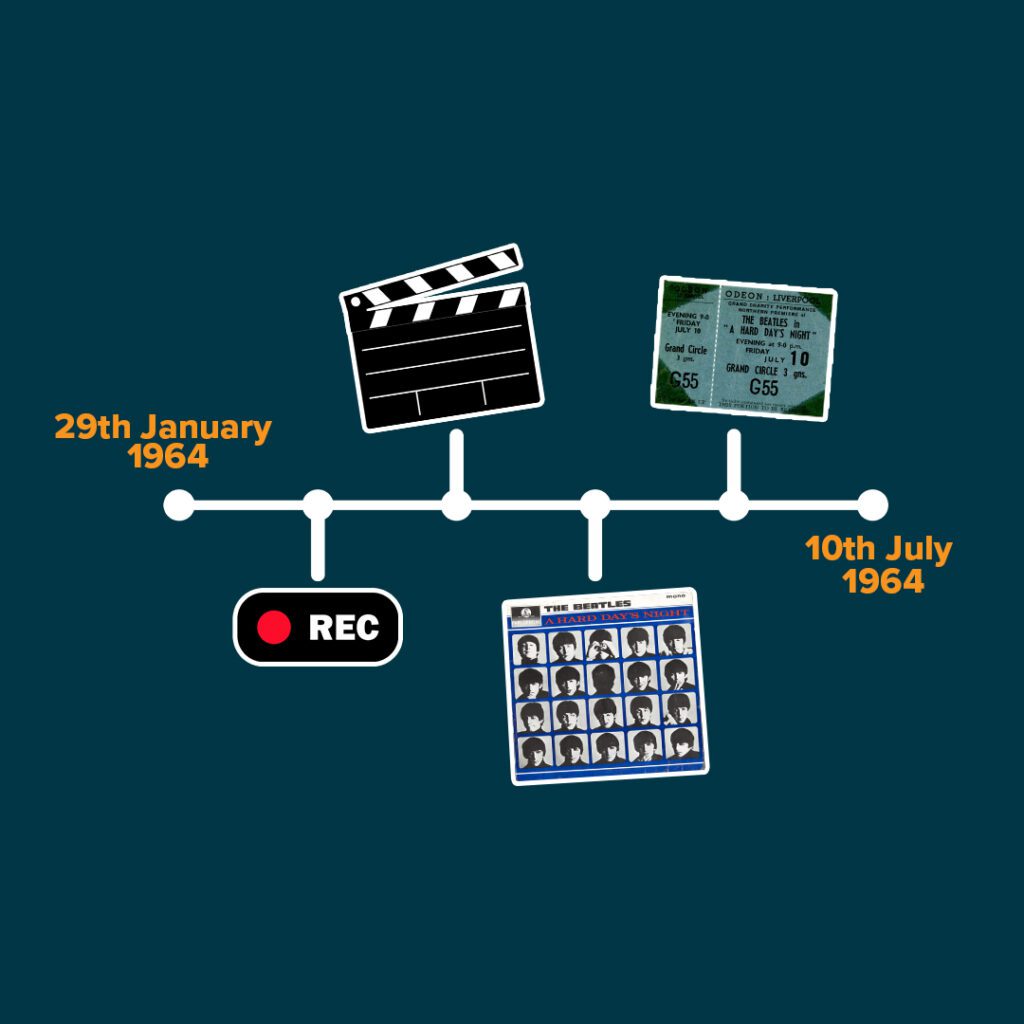
The Timeline of ‘A Hard Day’s Night’
